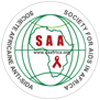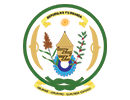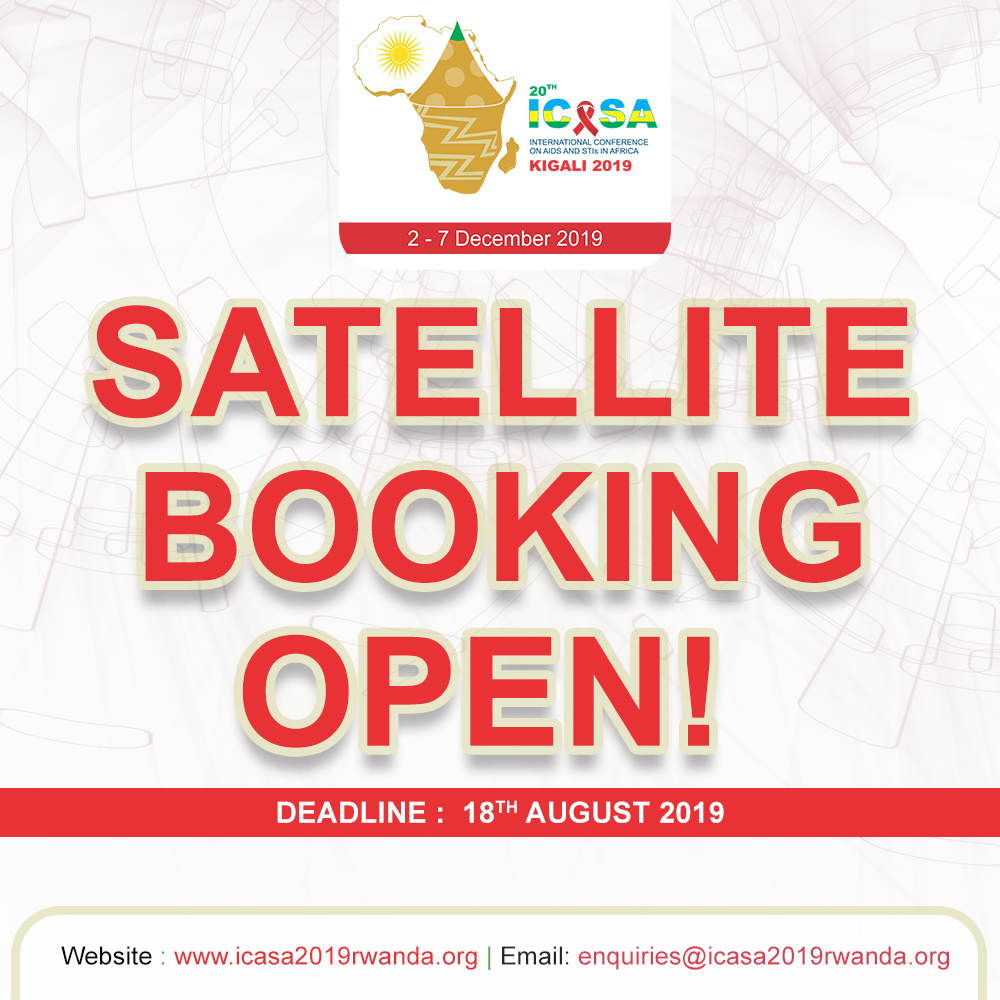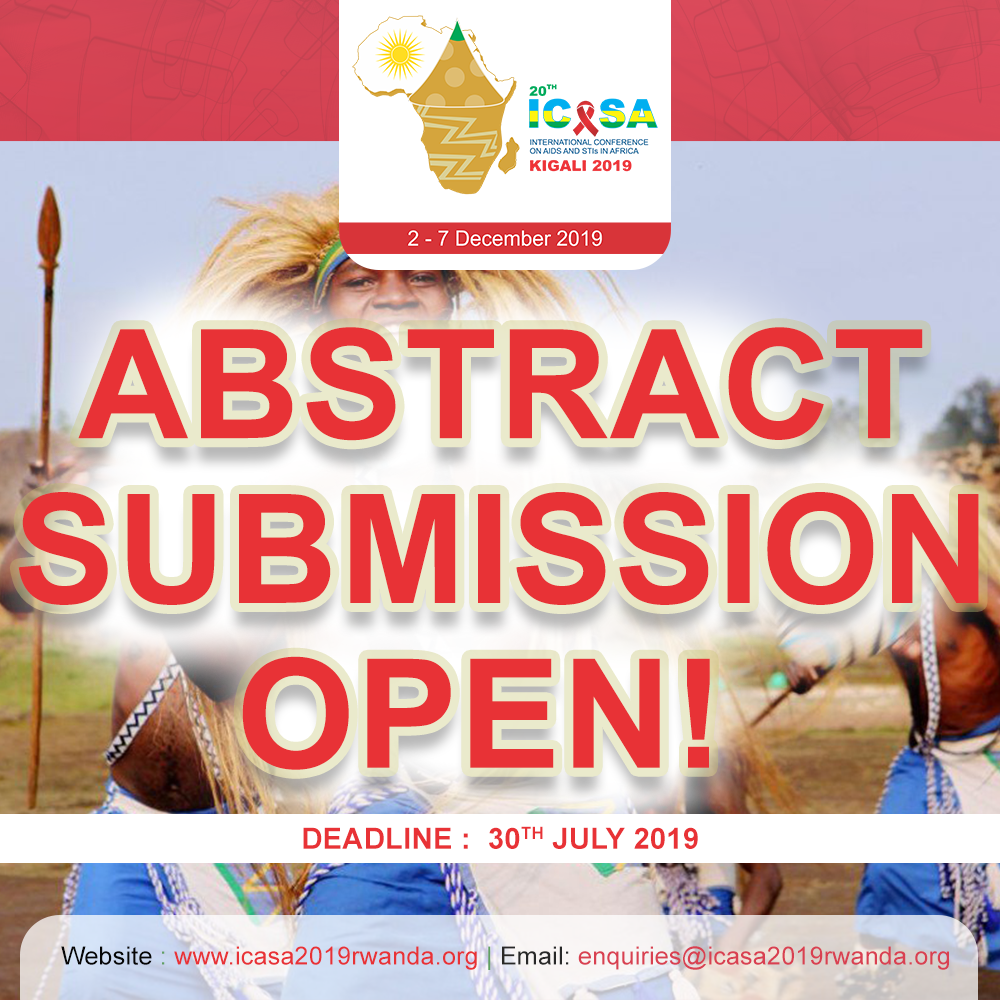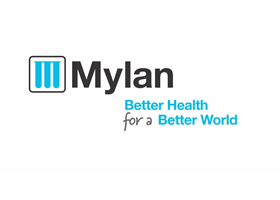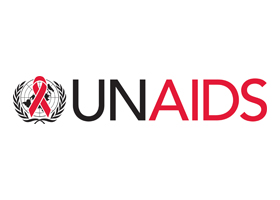Time: 12:45-14:15
Venue: MH1
Reporters: UMUBYEYI Benie Raissa and Mahoro Gisele
The session was organized by UNICEF. The session had speakers from different organizations and countries who presented and shared testimonies of their efforts at closing the HIV treatment gap for children.
Nande Putta in her opening remarks, explained how the HIV and AIDS epidemic continues to disproportionately impact adolescents and young people negatively. AIDS remains a leading cause of death among adolescents with strong gender dimensions: globally, more adolescent girls than boys are living with HIV and are newly infected every year. Of the 250,000 new HIV infections that occurred among adolescents aged 10 to 19 years old in 2017, two in three were among adolescent girls. The situation is particularly relevant in sub-Saharan Africa.
Adolescent girls and young women (AGYW) face a number of social, economic and structural factors that have a detrimental effect on their health and well-being, including their vulnerability to HIV infection. Among partners in the HIV response there is a growing interest in implementing girl-centered programmes that effectively address the multiple vulnerabilities of AGYW and exchanging lessons learned. However, there are no platforms dedicated to the sharing of knowledge and experience of harmonizing AGYW programming approaches. More can be done to synthesize and share learning within a community of practice on the programming tools; the specifics of the interventions and how they are implemented, monitored and evaluated in practice; and their results and impact.
She closed by noting that to address these knowledge gaps, UNICEF working with partners, will launch the Adolescent Girls and Young Women Learning Collaborative in 2019 as a platform for implementers to generate and exchange knowledge. The initiative is led by UNICEF with dedicated resources assigned to it and supported in part by a grant from the Global Fund to Fight AIDS, Tuberculosis and Malaria.
Stella Kentutsi, the Executive Director of NAFOPHANU, and organization working with children living with HIV in Uganda, asked a question: why do we always talk about children but we don’t want to know where these children are? The children are in our families and community; we live with them everyday and yet we ask ourselves if they are able to take medications. She asked that we collectively think about integration and support is needed to provide nutritional support. She appreciated the support of people and organisations that have helped children living with HIV. She encouraged participants to identify how to save the world knowing that this literarily means saving children.
Shaun Mellor moderated an open panel discussion. Panelists were:
- Catheline BILGER, UNAIDS
- Angela Mushavi, Zimbabwe
- Anja Giphart, AIDS Free partnership
- Eleanor Magongo, Ministry of Health, Uganda
Catheline highlighted how global resources are harnessed and made available as grants to small projects. She encouraged that funds can be mobilized at the country level to implement these project. Eleanor identified the need to strengthen the capacity of healthcare providers and provide them with resources to be able to make meaningful impact with the work they do. A discussion on the reasons why there is emphasis on the care of the mother and less emphasis on the care of the child.
As the session continues three other panelist were invited to join the earlier panelists and respond to questions. These were:
- Faith Kiruthi ( nurse by profession and health worker from Kenya)
- Nandita Sugandhi ( ICAP implementing partner – Columbia)
- Father Rick Bawer (Director of spiritual, psychological and social care)
Question 1: What strategies were used in Zimbabwe to improve viral suppression from 66% to 90%? Answer 1: They first had to understand the context of the lives of infected children from all clinics; had the 2200 community healthcare clinic implement care on a continuum from clinics to community and family of the young children using many layers of engagement.
Answer 2: Hard to reach does not always mean challenges with geographical reach but the mentality and the courage to get into something. There are a number of people who don’t take medication living close to the clinic. This implies that ensuring support for adherence required we think out of the box, don’t wait for clients to come in but we can go find them if we want to achieve our goal.
The session was closed by Babla, Founder of the Pill Power organisatiion in Uganda who lives openly with her HIV status. She works with young children living with HIV and takes care of their emergency needs. She pleaded and asked for help for herself and the children she supports.


